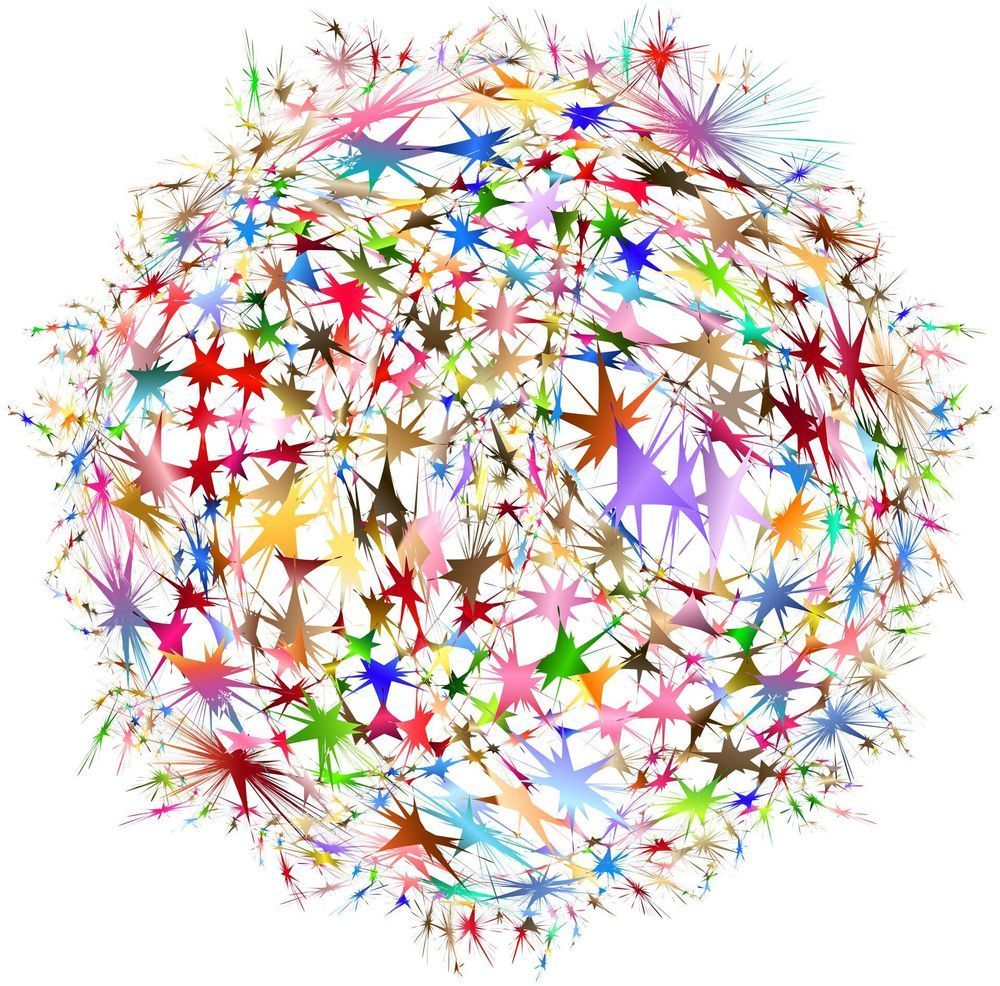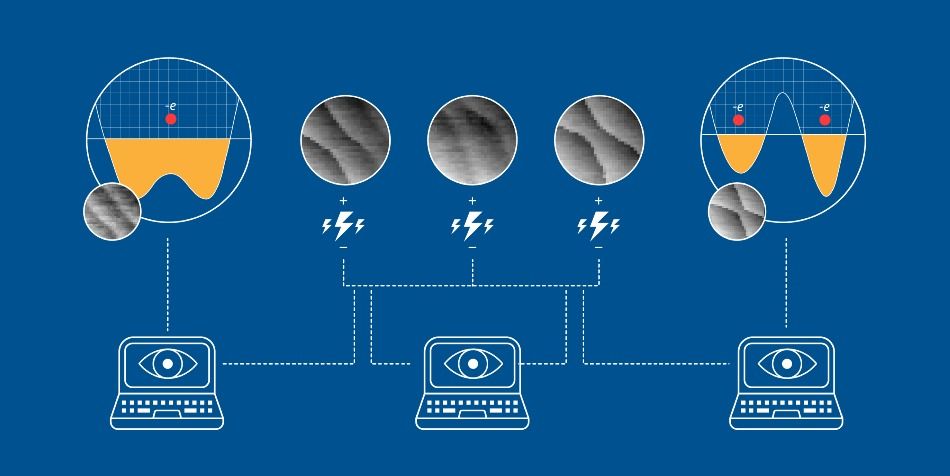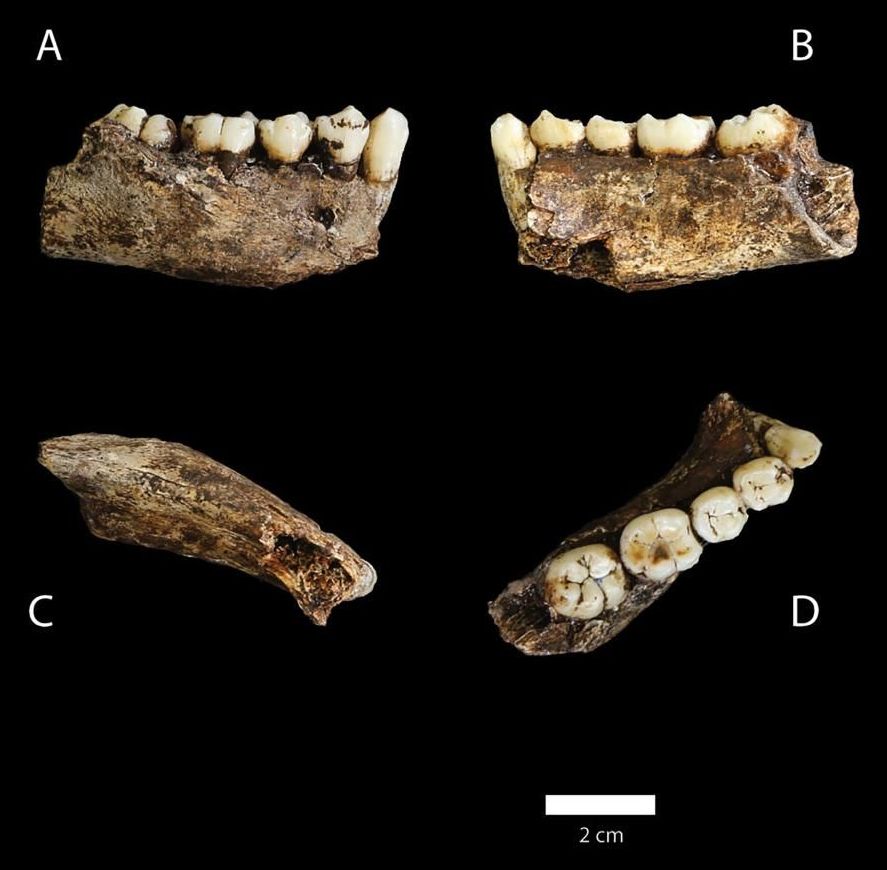Apr 2, 2020
Australia begins coronavirus vaccine tests
Posted by Omuterema Akhahenda in categories: biotech/medical, government
Australian government scientists have begun the first stages of testing for a potential vaccine against the SARS CoV-2 coronavirus, which causes the disease COVID-19. Australia’s national science agency CSIRO said Thursday that testing at a biosecurity facility was expected to take three months. The testing is being undertaken in cooperation with the Coalition for Epidemic Preparedness Innovations (CEPI), a global group that aims to help speedily develop vaccines against emerging infectious diseases.
Australia’s national science agency will test two vaccine candidates over the next three months. It is part of a global race to halt the coronavirus pandemic.


















